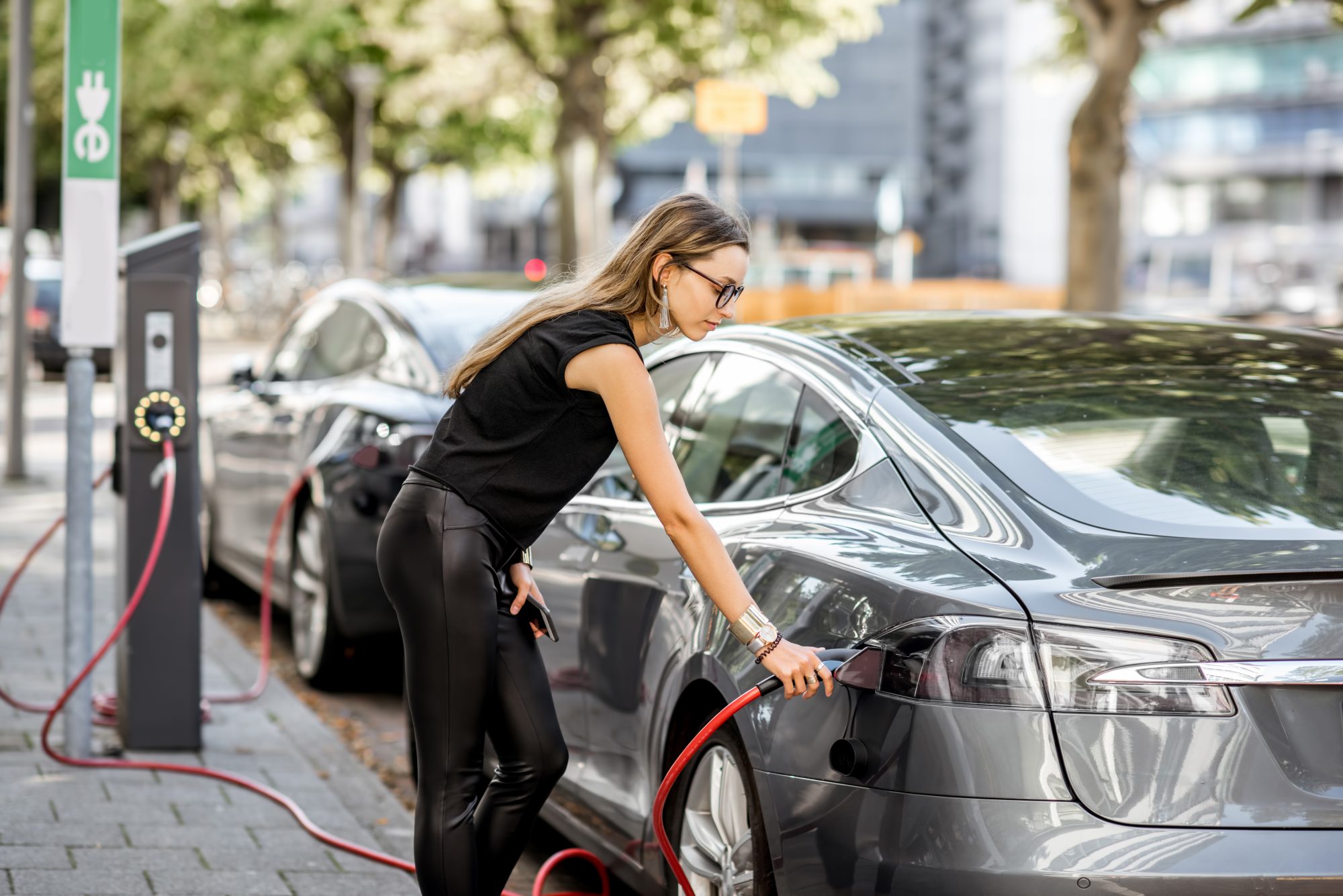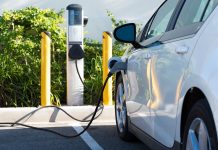The UK is set for an all-electric future, but how do British people feel about the transition to EVs and the 2030 ban on petrol and diesel cars?
The 2030 ban on new petrol and diesel car sales stipulates just that – by 2030, the sale of new petrol and diesel cars will be phased out.
Phase 1 will see the ban on all sales of new petrol and diesel cars and phase 2 will see all new cars and vans be fully zero emission at the tailpipe from 2035.
The UK is rapidly moving towards an all-electric one – but are we ready? How do British people really feel about the transition to EVs?
Open Access Government spoke with Bud Johnston, Group Marketing Director at Rivervale Leasing, to find out.
Almost half of Brits (43%) don’t believe that the UK will ever be ready to switch to EVs
Rivervale Leasing has found that almost half of Brits (43%) don’t believe that the UK will ever be ready to make the switch to electric cars.
Other findings include:
- Only 16% of the UK population think we are prepared enough to reach the 2030 deadline
- 18% say that we will be prepared for EVs 10 years after the target date
- Nearly one quarter (23%) argue that the UK will not be equipped for the transition until 2050

Why are Brits sceptical about EVs?
Bud Johnston, Group Marketing Director at Rivervale Leasing, explains: “The main scepticism for the transition to EV we have experienced seems to be mainly based around three issues:
‘The cost to acquire (purchase, finance, lease) an EV tends to be higher than a traditional ICE vehicle’
- Cost – Generally speaking, the cost to acquire (purchase, finance, lease) an EV tends to be higher than a traditional ICE vehicle.
- Range anxiety – People still have a huge issue over this, particularly higher mileage users. Whilst we all know that much of this is a smoke screen, it does mean that people would have to adapt to a change in habit which can be challenging at times.
‘Here and now, people are still understandably nervous!’
- Charging anxiety – There are still millions of people who are not in a position to have a personal charger. People are concerned about having access to chargers as and when required and being left stranded. People are concerned about the current lack of charging network infrastructure, although clearly, this will improve over the coming years. Here and now, people are still understandably nervous!
- Price – An issue for many people upon acquisition. Even taking into account the potential saving on VED costs and the recent spike in petrol/diesel prices, the initial outlay required will be a stumbling block for many consumers. The government have now removed all available grants to assist with the initial purchase and indeed the charging grants.”
Do other European countries share this scepticism?
Johnston adds: “We are not very sure about other countries. What we do know is that other countries journey’s into EVs started a lot earlier than the UK and so one can only assume that the barriers mentioned above were experienced in some capacity and may still be relevant as energy and fuel prices impact Europe too.”
Is the government doing enough to support the transition to EVs?
“Whilst the government initially was very supportive with assistance from grants available, many people believe a lot more is required (although this money clearly has to come from somewhere).
“One of the driving factors for acquiring an EV currently is the reduction in BiK for company car drivers. Everyone could do with more clarity over what the potential impacts will be in years to come (not just the next 2 – 3 years). Many consumers believe not enough is being done for private individuals.”
Do Brits care enough about the environment to support the transition to EVs?
“Finally, whilst many consumers do care about the environment and would support the initiative, this cannot be at the cost of their living standards and convenience. Once we overcome the issues outlined above, many more consumers would likely adopt an EV into their daily lives. In an ideal scenario, we would have enough opportunity to not have to decide between the two!”
Contributor Details
Editor's Recommended Articles
-
Must Read >> Motorway protests in response to soaring fuel costs

















